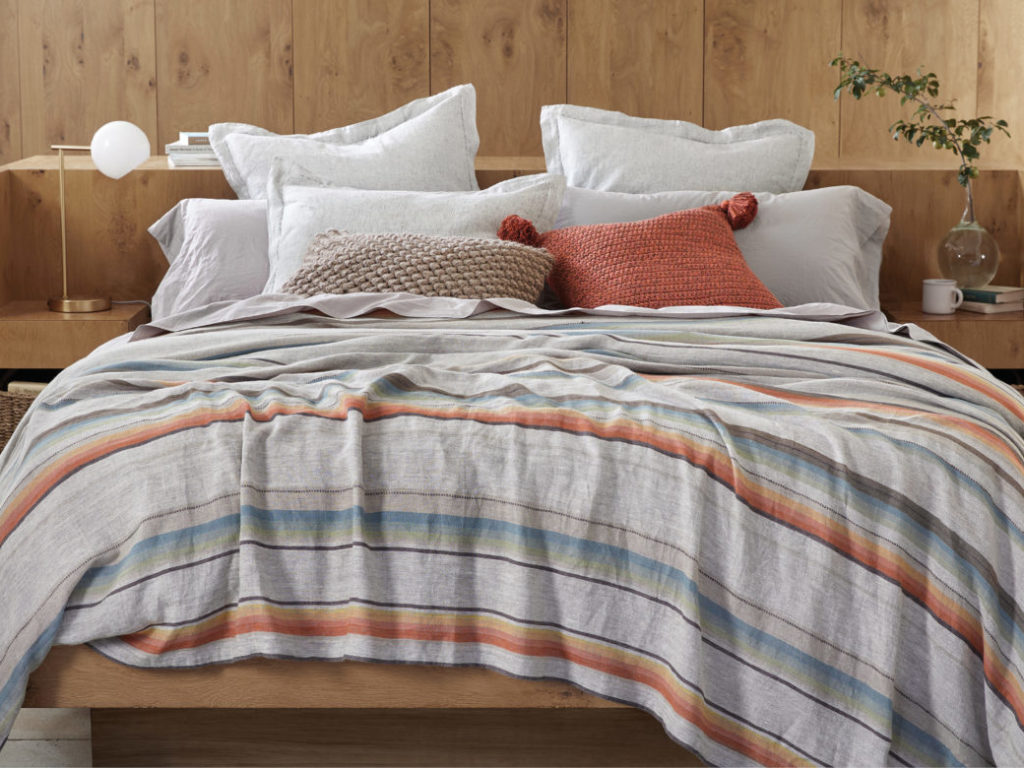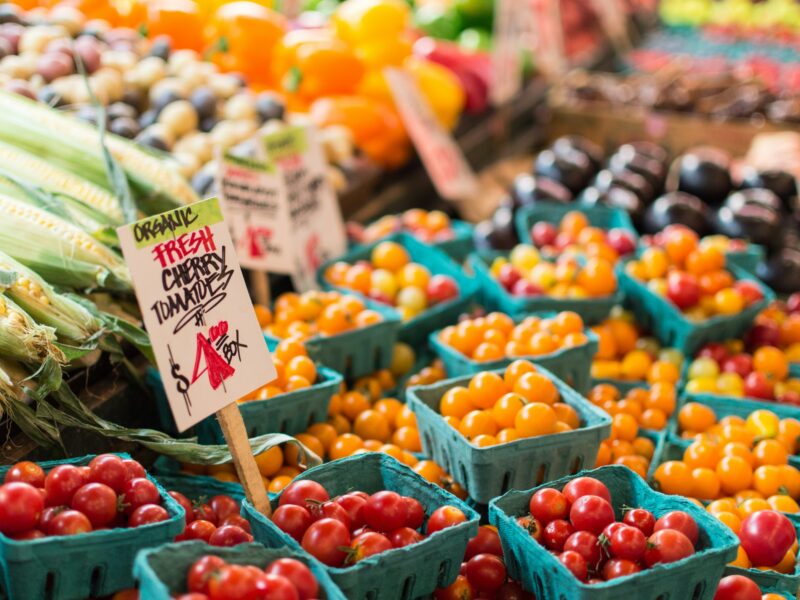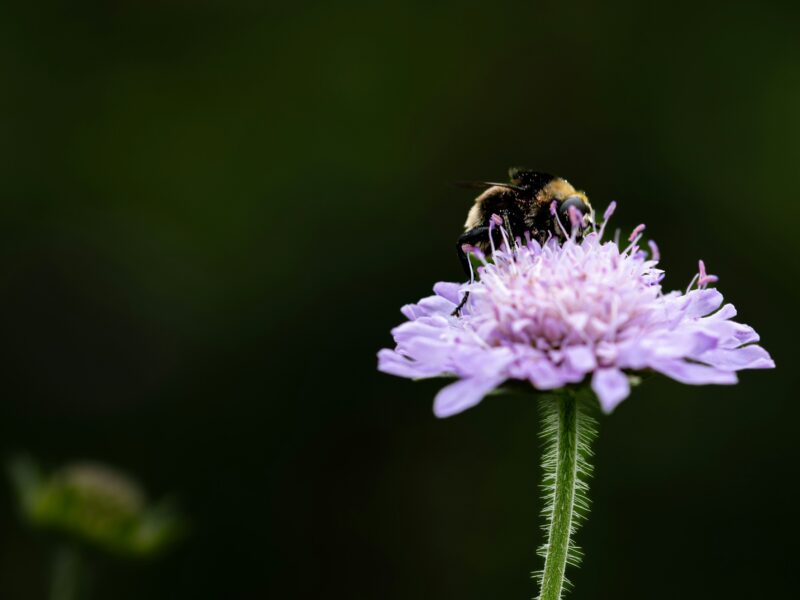When people think of organic they tend to associate it most with food and not necessarily textiles or other products. That does not mean organic textiles should be overlooked! It is just as important to prioritize the things you wear or use every day as well as what you put in your body.
Organic clothing is made from materials raised in or grown in compliance with USDA organic agricultural standards. As you may know, there are strict regulations around organic crops. That means any crop used in organic textiles must comply with these regulations just like any organic food product. Organic clothing may be composed of cotton, jute, silk, ramie, or wool, and the same crops can be used in organic textiles for the home such as sheets, towels, and bedding.
Cotton is one of the oldest crops in the world, but it became more prevalent around the 19th century with the industrialization of textiles. Today, more than one-third of all textiles are made of cotton. Organic cotton is regulated as a textile even though a small percentage of the crop ends up in foods. But, because it’s not considered a food crop this means the conventional cotton crops are heavily sprayed with toxic chemicals and synthetic conventional agricultural inputs.
To learn more about organic textiles check out this blog from ECOfashionCorp.
Our top picks for organic textiles come from the following brand partners:
Patagonia has been a leading pioneer in the organic cotton space since 1996 after choosing to use 100% cotton due to the increased use of chemicals in conventional cotton growing. Their commitment to decreasing the number of chemicals used in organic textiles has set the bar for many brands.
Pact’s mission is to make organic clothing more affordable and to help people understand the importance of not only what you put into your body but what you wear as well. Their motto is simple: Change can be tough. But at Pact, we don’t buy it.
Delilah Home is one of the best organic textile resources out there, from sheets to towels, to pet beds, this is a one-stop-shop for organic textiles. They offer 100% organic cotton GOTS products made in Fair Trade certified factories. They also have a brand new hemp collection made with 100% hemp that offers a non-toxic textile option for your home. They aim to protect the environment from harsh chemicals that are commonly used in conventional cotton production. Delilah home states: “our core values weren’t born out of a branding session, they are a part of who we are as humans and are at the heart of every decision we make.”
Only Organic had the opportunity to interview founder Michael Twer, learn more about Delilah Home here.
MetaWear was conceived in 2012 when founder and ECOfashion pioneer, Marci Zaroff, was navigating the supply chain for her sustainable apparel brand, Under the Canopy. She recognized the challenge many ethical brands were facing at the time—a struggle to develop a fully transparent story and connect the dots between farmer, mill, dyehouse, manufacturer, and distributor.
Gallant International Inc. is a full package private label company specializing in Organic and Fair Trade cotton tote bags, cosmetic/toiletry bags, T-shirts, and accessories that have been in business since 2009. It is a great source for all types of organic bags and totes and to order swag for events, company resources and more.
Grund America is one of the best places to shop for organic bed and bath. They manufacture clean, natural products that are soft, durable and environmentally friendly without the use of dyes. “GRUND was born with a true and sincere desire to change the world. To live clean, preserve the earth’s pristine environment and keep forests, coral and animals from fading away.”
Coyuchi is another one stop shop for all things bed and bath. They state on their website: “We intend to change the way people think about buying home textiles by providing transparency, product, innovation and practices that limit harm to the environment and the people that live in it.” Coyuchi is another pioneer in the organic textile space.
When shopping for organic it’s important to look for GOTS certification. GOTS stands for the Global Organic Textile Standard and is the leading textile processing standard for organic fibers, including ecological and social criteria, backed up by independent certification. The standard covers the processing, manufacturing, packaging, labeling, trading and distribution of all textiles made from at least 70 percent certified organic natural fibers. In addition, the production certification limits the use of toxic bleaches, dyes and other chemical inputs during the production of GOTS textiles. When organically produced materials have no pesticides farmers, factory workers and the environment aren’t at risk. That also means with no harmful residues in the end product, consumers are also protected from any toxins. Purchasing GOTS textiles is a vote for a healthier future for us all.









